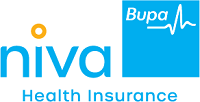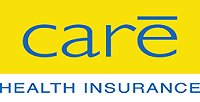What is Term Insurance?
Term insurance is a life insurance policy that provides coverage for a certain period of time, or a specified "term" of years. If the policyholder dies during the time period specified and the policy is active, then a death benefit will be paid to the nominee of the insured by the insurance company. A term insurance is meant to provide life cover to the policyholder so that the dependents of the insured can have financial security, in the unfortunate event of his/her demise. Besides financial protection to the family of the policyholder, a term plan may also include inbuilt benefits like cover for terminal illness.
Term Insurance is a basic plan which makes life insurance a more affordable option in comparison to other options like an Endowment policy. It is possible for the policyholder to opt for a larger life cover at a lower premium when compared to a similar endowment plan.
Why should you buy a term insurance plan?
A term plan is an important component of your risk management plan for the following reasons:
Larger sum insured
Since a term insurance is more economical than other life insurance plans you can opt for a higher sum insured in the same premium you would pay for a much lower sum insured for an Endowment plan.
Option of riders
You can attach a rider to your basic term insurance plan to enhance the utility of your plan. For example, a critical illness rider will ensure that you get the sum assured in case you are diagnosed with that illness in addition to the death benefit. Other riders that can be opted for are accident death rider, or disability riders.
Tax Benefits
As per the section 10(10D) of the Income tax Act 1961 provision, the sum assured that the nominee receives after the death of the policyholder is fully tax-exempt.
Who should buy Term insurance?
A Term Plan is suitable for all individuals who have even a single person dependent on them or has any liabilities like a home loan etc that needs to be paid off. A term insurance plan also secures the future of your children and takes care of important events like education or weddings etc in the unfortunate event of death or disability.
Conclusion
Your financial advisor can work with you to work out the cover you require in order to assure financial security for your family. Be sure to check the claim settlement ratio of the plan that you opt for.
OUR PARTNERS
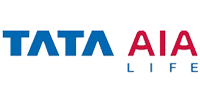
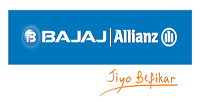
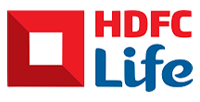

When should we take medi-claim policy?
Cost of quality healthcare in India has been sky-rocketing for the past decade or so. Hospitalization for a serious health condition can set you back by Rs 5 to 10 lakhs, depending on the severity of the condition and treatment options. Health insurance provides insurance cover for comprehensive hospitalization expenses related to accident and illness. It typically covers the following expenses:-
- Room, boarding expenses of the hospital bed
- Fees charged by physician, surgeon, anesthetist and other specialists
- Cost of medical procedures e.g. surgery, dialysis etc.
- Cost of medicines, medical equipments, consumables etc.
- Tests and procedures like X Ray, ECG, MRI, anesthesia etc
Some health insurance policies may also cover pre hospitalization medical expenses e.g. tests, diagnosis etc, up to the limit of your health insurance cover (sum insured). If your health insurance sum insured is Rs 5 lakhs and your hospital bill is Rs 6 lakhs, the health insurance company will pay Rs 5 lakhs and you will have to pay Rs 1 lakh.
Health insurance claims can be cashless or on a reimbursed basis. In a cashless claim, you do not have pay from your pocket. Your medical bills are settled directly by the insurance company to the hospital. In reimbursement, you have to settle the hospital bills and claim reimbursement from the insurer after submitting the bills. Obviously, cashless claims are much more convenient but for cashless claims you have to go to a hospital which is in the hospital network of the insurance company.
Health insurance claims can be cashless or on a reimbursed basis. In a cashless claim, you do not have pay from your pocket. Your medical bills are settled directly by the insurance company to the hospital. In reimbursement, you have to settle the hospital bills and claim reimbursement from the insurer after submitting the bills. Obviously, cashless claims are much more convenient but for cashless claims you have to go to a hospital which is in the hospital network of the insurance company.
OUR PARTNERS
